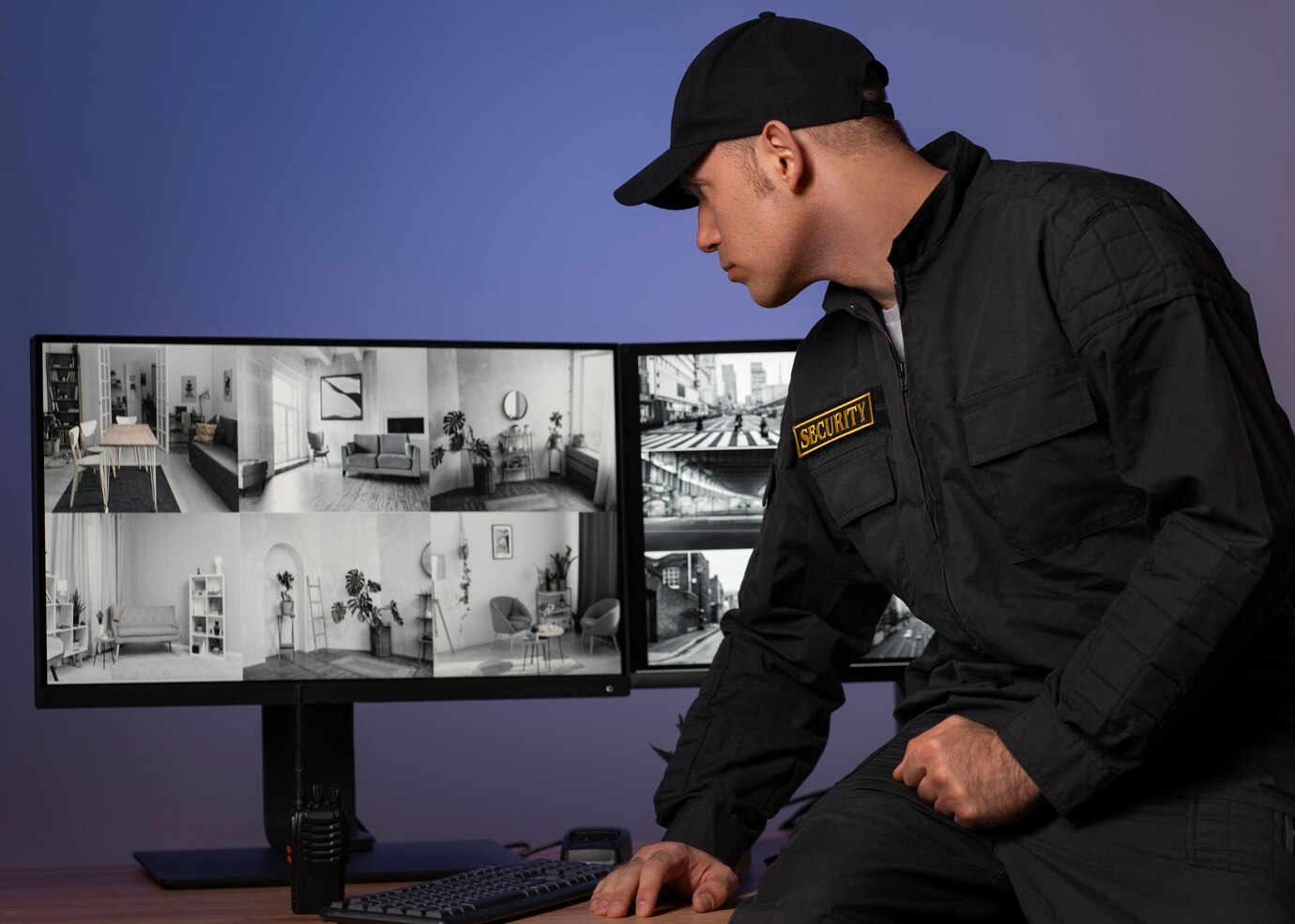Choosing the Right Remote Monitoring Vendor: What to Look For

Strong 8k brings an ultra-HD IPTV experience to your living room and your pocket.
In today’s increasingly connected world, businesses are turning to remote monitoring security solutions to safeguard their assets, employees, and operations. But with a growing number of vendors offering a wide range of services, choosing the right partner can be overwhelming. This article breaks down the key factors to consider when selecting a remote monitoring vendor that aligns with your needs and delivers long-term value.
Understanding Your Security Requirements
Before diving into vendor comparisons, it’s essential to clearly define your security goals. Are you monitoring a single location or multiple sites? Do you need 24/7 surveillance or just after-hours coverage? Are you concerned about physical intrusions, environmental hazards, or both?
Understanding the scope of your needs will help you filter out vendors that either overcomplicate the solution or fall short of your expectations. A tailored approach ensures that you’re not paying for unnecessary features—or missing critical ones.
Evaluating Industry Experience
Why Experience Matters
Not all vendors are created equal. A provider with deep experience in your specific industry will be better equipped to understand your challenges and regulatory requirements. For example, a vendor specializing in healthcare will be familiar with HIPAA compliance, while one focused on retail will prioritize loss prevention and customer safety.
What to Look For
Seek out case studies, client testimonials, and industry certifications. These indicators show that the vendor has a proven track record and understands the nuances of your sector.
Assessing Technology and Features
Modern Tools for Modern Threats
The best remote monitoring security systems go beyond basic video surveillance. Look for vendors that offer high-definition cameras, thermal imaging, motion detection, and AI-powered analytics. These technologies help reduce false alarms and enable faster, more accurate threat detection.
Integration and Accessibility
Make sure the system integrates smoothly with your existing infrastructure. Features like mobile access, cloud storage, and real-time alerts can significantly enhance usability and responsiveness.
Prioritizing Cybersecurity
Protecting the Protectors
Since remote monitoring systems are connected to your network, they can become potential entry points for cyber threats. A reputable vendor will prioritize cybersecurity through end-to-end encryption, multi-factor authentication, and regular vulnerability assessments.
Questions to Ask
Don’t hesitate to ask how your data is stored, who has access to it, and what protocols are in place to prevent breaches. Cybersecurity should be a core part of the offering—not an afterthought.
Evaluating Support and Responsiveness
The Importance of Real-Time Support
When a security incident occurs, every second counts. Choose a vendor that offers 24/7 customer support, fast response times, and clear escalation procedures. A dedicated account manager or support team can make a significant difference in how quickly issues are resolved.
Considering Scalability and Cost
Think Long-Term
While cost is always a factor, it’s important to focus on long-term value rather than just the initial price tag. Look for vendors that offer scalable solutions, flexible pricing models, and transparent billing. A slightly higher upfront investment can often lead to better performance and fewer headaches down the road.
Requesting a Demo or Trial
Try Before You Buy
Before committing, request a live demo or trial period. This allows you to test the system in your environment and evaluate its usability, reliability, and overall fit. A trustworthy vendor will be happy to walk you through the platform and answer any questions.
Final Thoughts
Choosing the right remote monitoring security vendor is a strategic decision that impacts your organization’s safety, efficiency, and peace of mind. By focusing on your specific needs, evaluating technological capabilities, and ensuring strong support and cybersecurity practices, you can partner with a vendor that truly protects what matters most.
Note: IndiBlogHub features both user-submitted and editorial content. We do not verify third-party contributions. Read our Disclaimer and Privacy Policyfor details.





